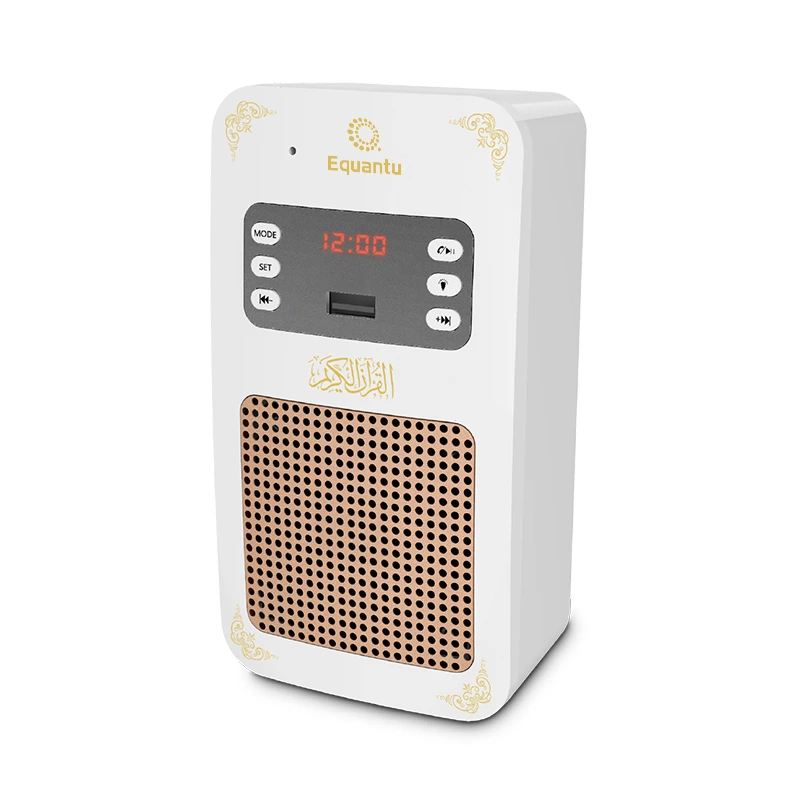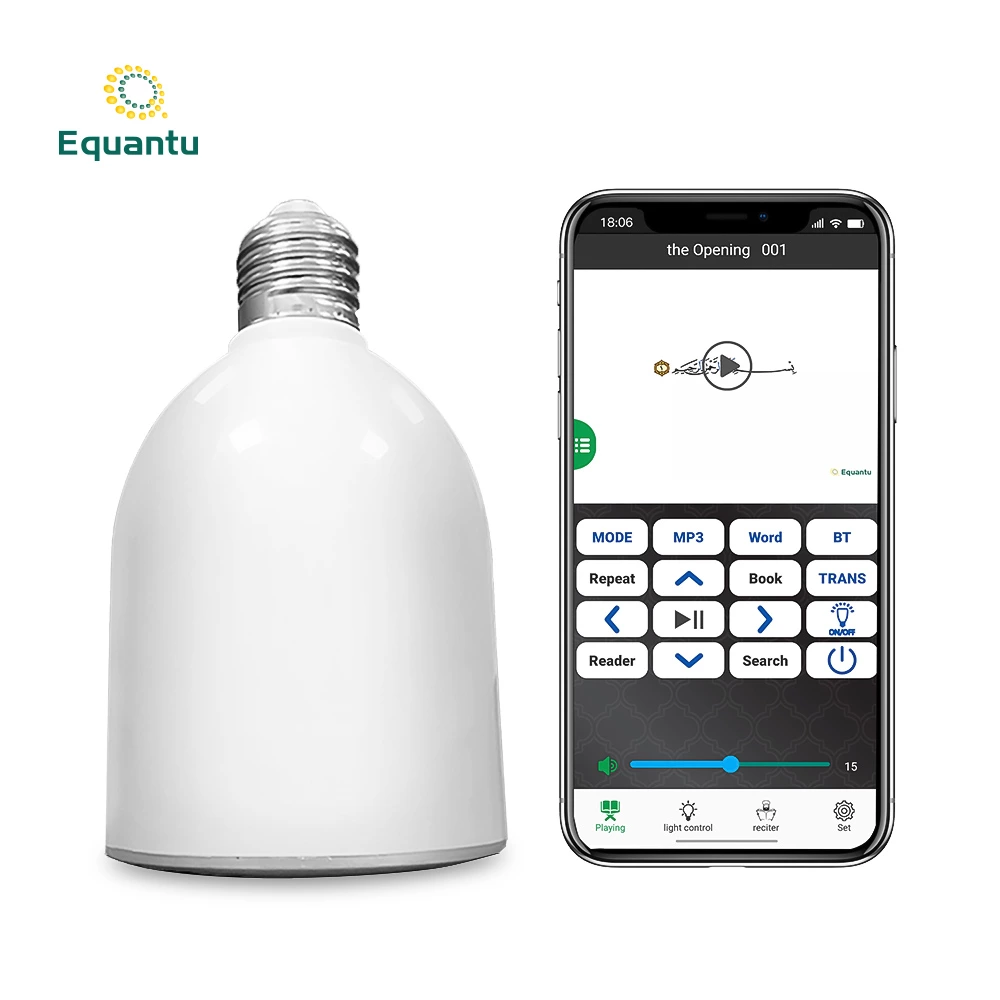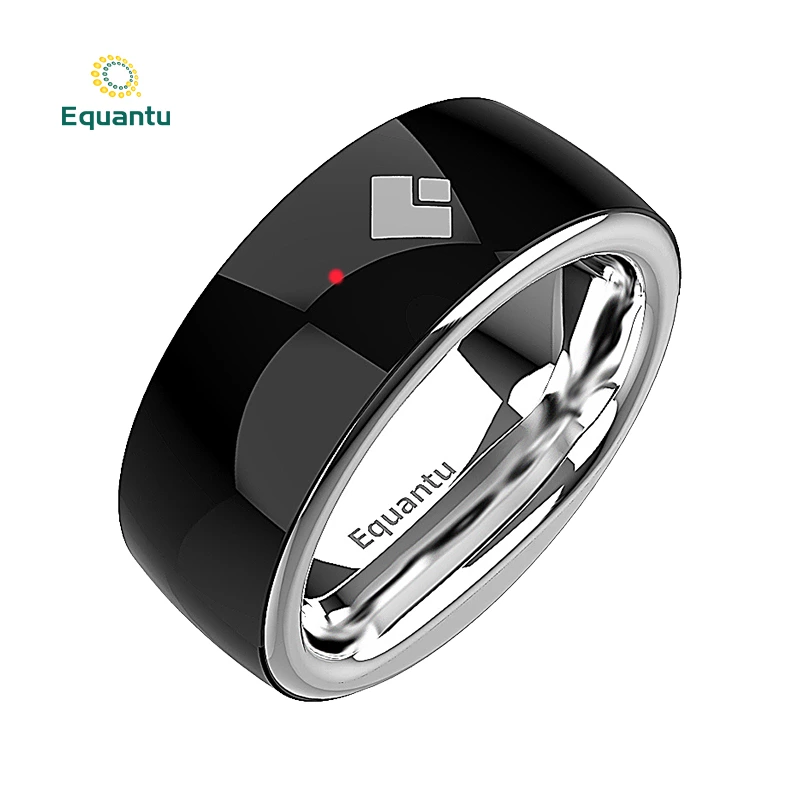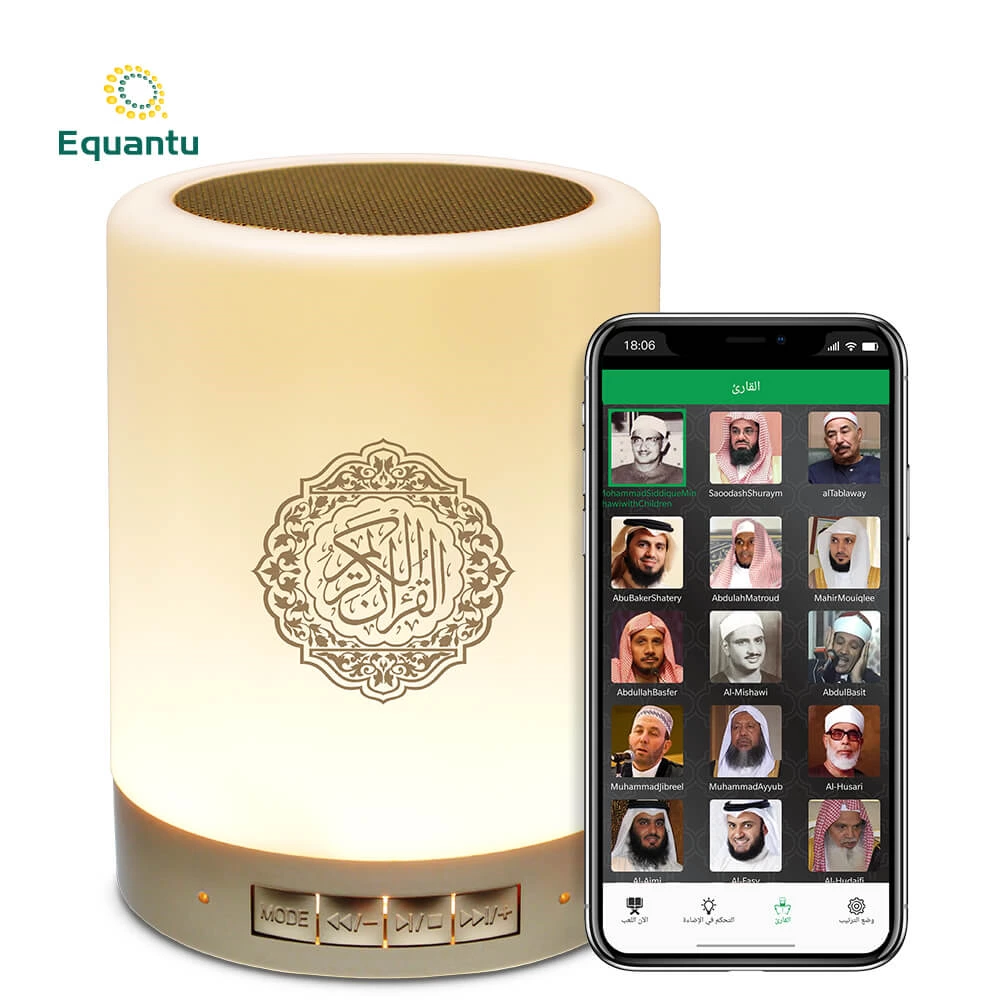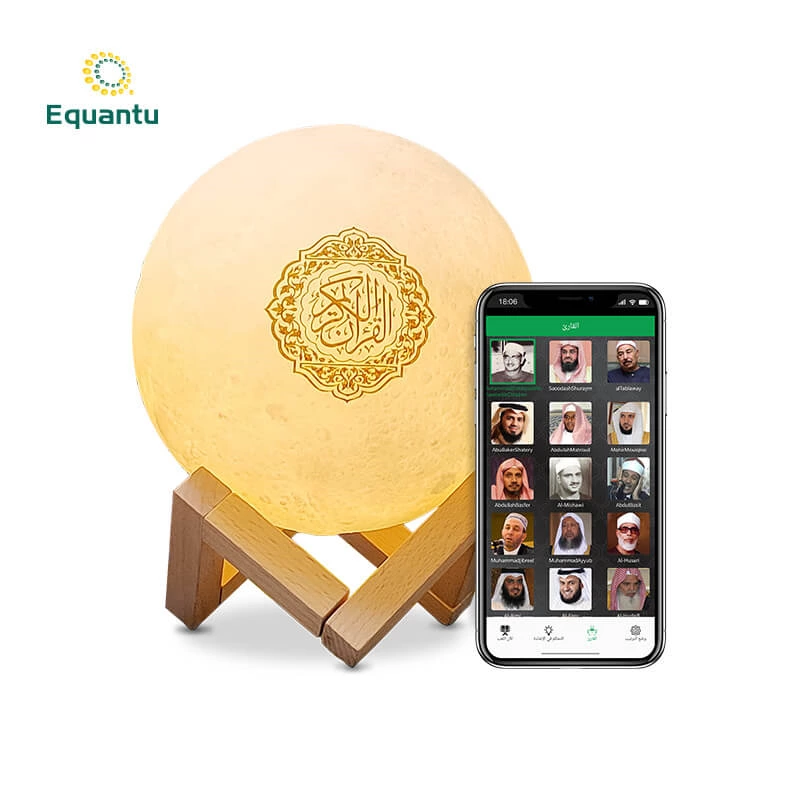The Importance of Wudu in Islam
Wudu is a prerequisite for:
- Performing Salah (obligatory prayers)
- Touching the Quran
- Tawaf (circumambulation) of the Kaaba
The Quran emphasizes its importance: "O you who have believed, when you rise to [perform] prayer, wash your faces and your forearms to the elbows and wipe over your heads and wash your feet to the ankles." (Quran 5:6)
Steps of Wudu
1. Intention (Niyyah)
- Action: Make the intention in your heart to perform Wudu for the purpose of purification and worship.
- Significance: Intention is crucial in Islamic acts of worship, differentiating ritual from routine.
2. Washing Hands
- Action: Say "Bismillah" (In the name of Allah) and wash both hands up to the wrists three times.
- Significance: Begins the purification process and removes physical impurities.
3. Rinsing the Mouth
- Action: Take water into the mouth and rinse thoroughly three times.
- Significance: Cleanses the mouth, preparing it for recitation during prayer.
4. Cleaning the Nose
- Action: Sniff water into the nostrils and then blow it out three times.
- Significance: Ensures cleanliness of the nasal passage.
5. Washing the Face
- Action: Wash the entire face from forehead to chin and from ear to ear three times.
- Significance: Purifies the most expressive part of the body, symbolizing sincerity in worship.
6. Washing the Arms
- Action: Wash the right arm from fingertips to elbow three times, then repeat with the left arm.
- Significance: Represents cleansing oneself of sins committed by the hands.
7. Wiping the Head
- Action: Wet the hands and wipe them over the head from front to back once.
- Significance: Symbolizes purifying one's thoughts and intentions.
8. Wiping the Ears
- Action: Use wet fingers to clean the inside and outside of the ears.
- Significance: Represents purifying what one listens to and hears.
9. Washing the Feet
- Action: Wash the right foot up to the ankle three times, then the left foot.
- Significance: Cleanses the feet that carry one to good or bad deeds.
10. Concluding Supplication
- Recitation: "Ash-hadu an la ilaha illa Allah wahdahu la shareeka lahu, wa ash-hadu anna Muhammadan 'abduhu wa rasuluhu" (I bear witness that there is no deity worthy of worship except Allah alone, who has no partner, and I bear witness that Muhammad is His servant and Messenger).
- Significance: Reaffirms one's faith and the purpose of purification.
Additional Aspects of Wudu
Water Usage
- Use water sparingly, avoiding waste.
- Running water is preferred, but still water is acceptable.
Order and Continuity
- Perform the steps in order without long pauses between them.
Thoroughness
- Ensure water reaches all required parts, including between fingers and toes.
Spiritual Dimensions of Wudu
- Mindfulness: Each step is an opportunity to focus on Allah and one's intention to worship.
- Reflection: The act of cleansing can be a time to reflect on purifying one's character and actions.
- Preparation: Wudu serves as a transition from worldly concerns to spiritual focus.
When to Perform Wudu
- Before each prayer (if the previous Wudu has been invalidated)
- After using the toilet
- After deep sleep
- After losing consciousness
- After touching private parts
- After certain bodily emissions
Maintaining Wudu
- Wudu remains valid until broken by specific actions (like those mentioned above).
- Many Muslims try to remain in a state of Wudu throughout the day.
Alternatives to Wudu
- Tayammum: Dry ablution using clean earth when water is unavailable or its use is harmful.
- Masah: Wiping over socks or shoes for travelers or in certain conditions.
Health Benefits of Wudu
- Promotes regular cleaning of body parts most exposed to germs.
- Can have a refreshing and invigorating effect.
- Regular washing may improve blood circulation.
Common Mistakes to Avoid
- Wasting water
- Performing steps out of order
- Missing areas, especially behind the ears or between toes
- Rushing through the process without mindfulness
Conclusion
Wudu is more than a physical cleansing; it's a spiritual reset button that Muslims press multiple times a day. It serves as a reminder of the importance of purity in both body and spirit. By performing Wudu regularly and mindfully, Muslims not only prepare for prayer but also cultivate a state of continual awareness of their actions and intentions.
Whether you're new to Islam or looking to deepen your understanding of this fundamental practice, approaching Wudu with knowledge and reverence can significantly enhance your spiritual experience. Remember, the outer purification of Wudu is a means to achieve inner purity, bringing one closer to Allah and fostering a state of constant mindfulness in daily life.

